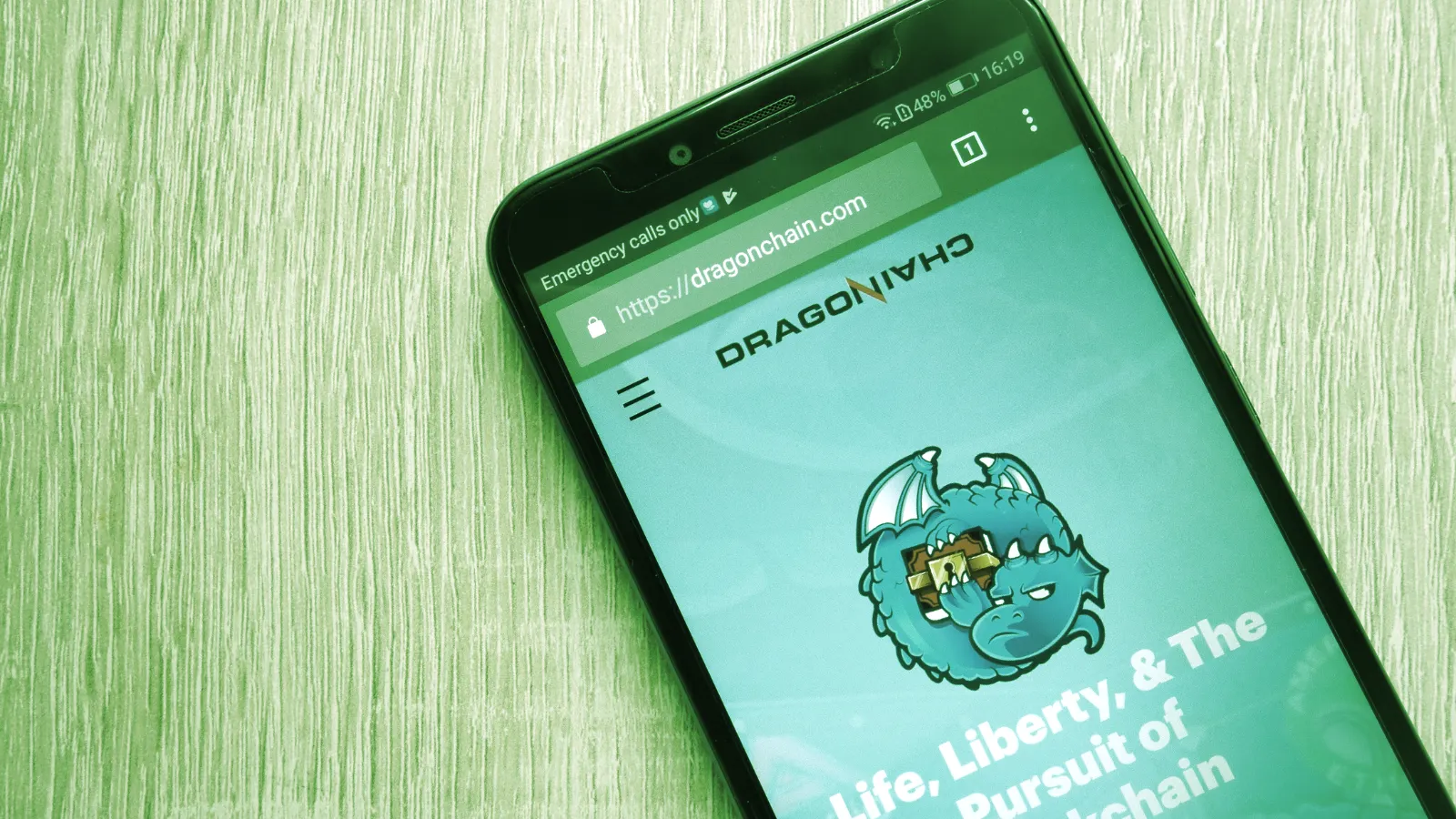The U.S. Securities and Exchange Commission has further broadened its crusade against the cryptocurrency industry, announcing charges against John Joseph Roets, chief architect of Dragonchain, for allegedly raising $16.5 million in unregistered "crypto asset” securities offerings.
The Tuesday filing follows the SEC's assertion that popular crypto exchange Coinbase listed unregistered securities on its platform in July.
According to the SEC, in 2017, Roets, Dragonchain, and the Foundation conducted an unregistered offering of Dragon tokens ("DRGN") through a discounted "presale" to members of a crypto investment club and through an initial coin offering (ICO) in October and November.
An initial coin offering is a method crypto industry companies use to raise money quickly. A company creates a new token or currency and invites people to buy it before a public release.
"Through this offering, the defendants allegedly raised approximately $14 million from approximately 5,000 investors worldwide, including in the United States," the SEC wrote. The SEC says DRGN, Dragonchain's native token, was marketed to crypto investors, touting the token's investment value, pricing, and "listing" on trading platforms.
The SEC then alleges that between 2019 and 2022, Dragonchain, the Dragonchain Foundation, and The Dragon Company—the three entities named in the filing along with Roets—offered and sold $2.5 million worth of DRGNs to cover business expenditures and market Dragonchain.
Dragonchain provided Decrypt with a written general response to the SEC's action:
"We are of course disappointed by the Commission’s decision. We’ve been consistent about the token model and utility as a software license since the beginning, when we filed for a patent on the model which was later granted by the USPTO. Much of the complaint appears to be based on misunderstandings of the technology and the facts, for which we do not fault them as they are not software engineers or developers. We are still reviewing the complaint."
Originally created in 2014 with Roets as its chief developer, Dragonchain calls itself a hybrid blockchain for “solving business problems at an enterprise scale.” Dragonchain claims its origins at the Walt Disney Studios in Seattle, Washington; the protocol subsequently went open source in 2016.
Prior to the formal filing, the company published a response to the SEC, with Roets pledging "to provide our clear argument for existence and demonstrate that the commission should not charge any of these parties with intentional or unintentional violation of U.S. securities laws."
"Many in the industry have had similar experiences and as a result have the impression that the SEC is picking and choosing projects to target, often singling out the ones with the biggest opportunity to disrupt incumbent interests, while giving a free pass to others," Roets wrote. "The commission is trying to shoehorn software technology into incompatible securities law from the 1930’s."
"This calls into question whether the commission understands the technology enough to effectively regulate it,” he added.
A 2021 court filing by the State of Washington also called the DRGN tokens a security. It stated that Dragonchain "is not currently registered to sell its securities in the state of Washington and has not previously been so registered." According to the filing, the company was fined $50,000 and issued a cease and desist order.
In today's filing, the SEC says it seeks permanent injunctions, the return of what it believes are wrongfully obtained profits, and civil penalties.
Editor's note: this article has been updated to include a statement from Dragonchain.

